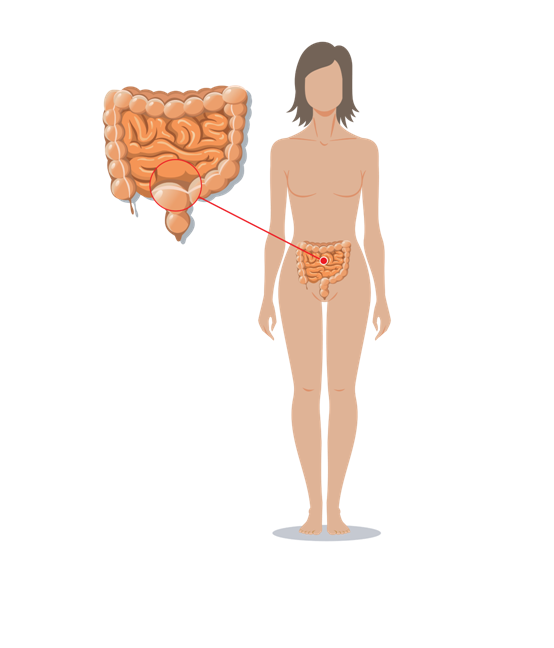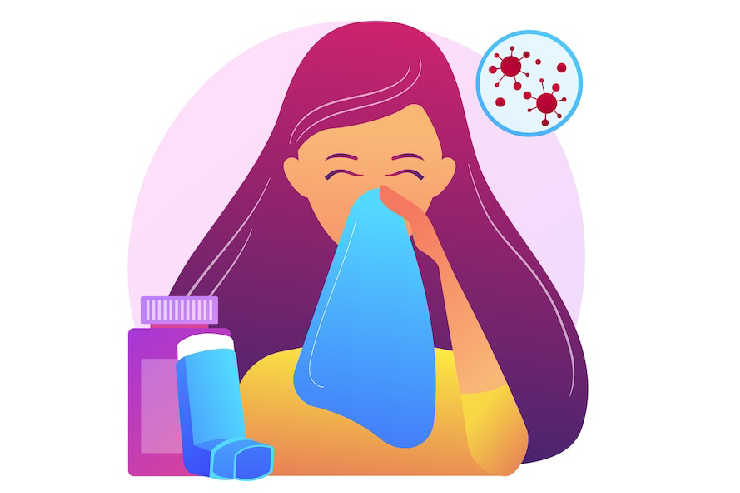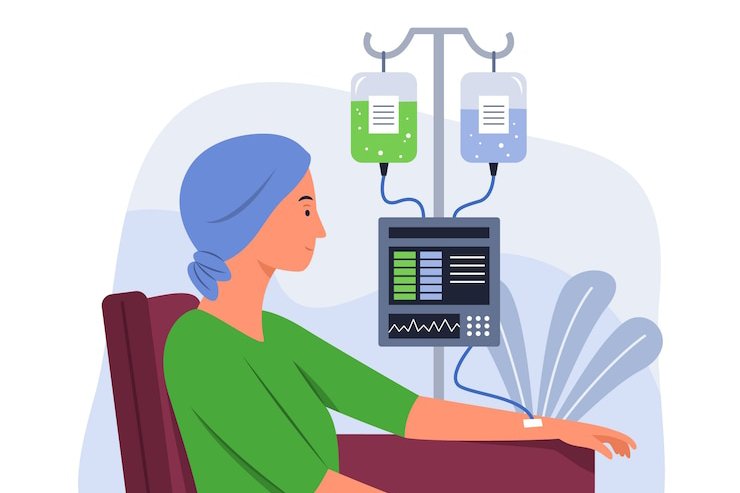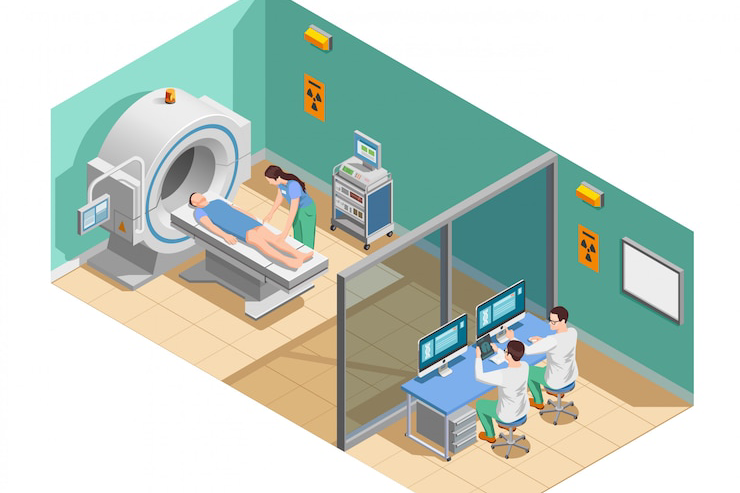
Is Your Stomach Always Upset? It Might Be IBS – And Yes, It’s Manageable!
ITM Hospital, Gwalior | Gastroenterology Super Specialty
Do you often find yourself clutching your stomach after meals? Rushing to the restroom multiple times a day — or not going at all for days? Bloated, uncomfortable, and frustrated with your digestive system?
This might not be "just a sensitive stomach" — it could be Irritable Bowel Syndrome (IBS).
At ITM Hospital, Gwalior, our gastroenterologist department deal with IBS every day, and we want you to know: You’re not alone. And you don’t have to live with it silently.
So, What Exactly is IBS?
IBS is a chronic, functional gastrointestinal disorder that affects the large intestine. It doesn’t damage your intestines or cause permanent harm — but it can seriously mess with your day-to-day life.
In simpler words: your gut isn’t working the way it should. It may contract too much, too little, or at the wrong times, leading to a mix of symptoms like abdominal pain, bloating, diarrhoea, constipation, or all of the above.
Common Symptoms – Know the Signs
People experience IBS in different ways, but here are the red flags:
- Recurrent abdominal cramps or pain, often relieved after passing stool
- Bloating and gas
- Diarrheal, constipation, or an alternating pattern
- A sensation of incomplete bowel movement
- Mucus in the stool
- Fatigue, sleep disturbances, or anxiety in some cases
If any of this sound familiar, it might be time to take your gut health more seriously.
Why Does IBS Happen?
IBS doesn’t have a single clear cause — it’s more of a puzzle with many pieces:
- Gut-brain miscommunication: The brain and gut are deeply connected. Stress, anxiety, or emotional triggers can influence gut activity.
- Abnormal gut movement: Food moves too fast (causing diarrhoea) or too slowly (causing constipation).
- Food intolerances: Some foods trigger IBS symptoms — even healthy ones like lentils or onions.
- Aftermath of infection: Some people develop IBS after a bad bout of gastroenteritis.
- Hormonal changes: IBS is more common in women and often worsens during menstruation.
- Family history: Genetics may play a small role.
How is IBS Diagnosed?
There’s no single test for IBS — diagnosis is based on symptoms, backed by ruling out other serious conditions.
At ITM Hospital, we follow a detailed diagnostic approach:
- Medical history and symptom evaluation
- Blood tests and stool tests
- Ultrasound or endoscopy if needed
- Colonoscopy in selected cases (especially for patients over 50 or with alarming symptoms)
Our goal is not just to label your condition, but to understand it in depth.
Managing IBS: The Good News
IBS has no “one-size-fits-all” cure — but with the right care plan, you can live symptom-free most of the time.
Here’s how we help patients at ITM Hospital:
1. Customized Diet Plans
- Low-FODMAP Diet (reduces certain fermentable carbs)
- Avoiding spicy, oily, and highly processed foods
- Increasing fibre for constipation (but cautiously)
2. Lifestyle & Stress Management
- Yoga, breathing exercises, and meditation
- Counselling or therapy for anxiety-triggered IBS
- Adequate sleep and regular exercise
3. Medications
- Antispasmodics for cramping
- Laxatives or anti-diarrheal depending on symptom type
- Probiotics to support gut health
- Low-dose antidepressants if stress is a major trigger
When Should You See a Doctor?
Don’t ignore these red-flag symptoms:
- Blood in stool
- Sudden weight loss
- Persistent symptoms after age 50
- Waking up at night due to bowel movements
- Severe pain that doesn’t improve
These might not be IBS — they could signal something more serious.
Why Choose ITM Hospital for IBS Care?
We’re not just treating a disorder — we’re improving lives.
At ITM Hospital, Gwalior, our Gastroenterology Super Specialty offers:
✅ Highly experienced specialists
✅ State-of-the-art diagnostics (endoscopy, colonoscopy, imaging)
✅ Nutrition and diet consultation
✅ Mental wellness and stress support
✅ Compassionate, personalized care plans



